Letters to Loretta: American prisoners try to escape the German POW camp
- By Kaitlin Oster
Share This Article
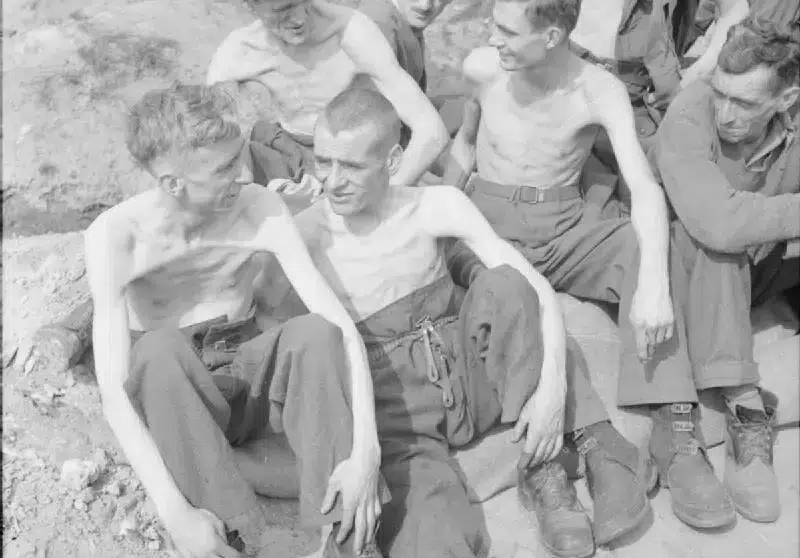
Editor’s Note: Sandboxx News presents a World War II series by Kaitlin Oster on the power of hope, letters, and love in seeing us through the terrors and agony of war. You can listen to Kaitlin’s radio interview about the series here or visit her website here.
That night, Harold fell asleep quicker than usual. His hunger and the cold pushed his eyes closed almost as soon as he lay down on the mattress beside his bunkmate. But after what could have been minutes or hours, Harold, along with the other men in the barracks, was woken up by that same loud alarm.
At first, he thought it was morning and that the guards were implementing the same fake drills they had the week before. But then, he heard dogs barking. Violent, high-pitched yelps and yaps pierced the night. Harold began to open his eyes. Suddenly, screaming in German and English overshadowed the cries of the dogs. Two gunshots shattered the air and his eyes jolted open to notice it was the dead of night. Harold knew what had just happened – someone was killed. He sat up, along with many other prisoners, to the sound of a muffled yell outside beyond the fence. Then, another gunshot.

Suddenly, more gunshots random and wild began to hit the barracks. Pop pop pop pop! A man in one of the bunks let out a yell which was followed by a thud to the ground. He had been shot in his bed.
“Oh my god! Medic! Someone!” The man’s bunkmate rushed to his aid as he lay on the floor, gripping his abdomen.
Chaos broke out in the barracks as others scrambled in the dark to understand what was happening and avoid any other possible gunfire. Harold hoped for a moment in all the distress that the camp was under attack from Allied forces. If that wasn’t true, then it was the worst-case scenario – the men were under attack by their guards.
“His hands were up! Both of them had their hands up!” A witness to the shooting yelled through the darkness with no intended audience.
“Is he dead? Are they dead?”
Some men looked on while others tended to the wounded soldier in the barracks. The rest scoured around to make sure that no one else had been injured or killed in the random shooting. The prisoners were still unsure of what had just occurred, but they were certain people were dead; they just didn’t know why.
Related: Letters to Loretta: An American B-17 bomber versus Nazi fighters
A desperate escape attempt

They afterward learned that a fellow prisoner had plotted with his bunkmate to escape the POW camp and find their way back to Allied lines. Anything, they must have thought, would be better than what was happening at Stalag XVII-B.
They left in the middle of the night, clinging to the sides of what were supposed to be knock-down buildings located a little too close to the fences of the camp. The men had gotten out and began running, but one tripped over the uneven, frozen ground. This alerted the guard on duty who spotted the two men and sounded the alarm.
The men stopped running once the dogs began to bark. They turned around and raised their hands to surrender; it was better to go back and take a beating rather than be ripped to shreds by guard dogs. The guards approached and drew their weapons. The men began to yell at the guards that they had given up and were no longer running. Ultimately, the German guards fired at the prisoners and they both fell, arms up, into the snow.
Related: Two-wheeled terrors: Motorcycles and the military

One of the men died instantly, struck in the head. The other was wounded in his leg. He began to crawl back towards the camp when the guard who shot him ran to him. The prisoner begged to be taken back to camp – to a medic. The guard fired his weapon a second time. When other prisoners began to holler and the guard realized he was not alone in his dealings, he began to fire his pistol angrily and at random to create confusion. The prisoner lay bleeding before him, begging to be taken into the camp. He quietly wept into the frozen ground while the guard stood over him triumphant and holstered his weapon.
“He needs a proper burial,” the men protested to the Germans to bring the body of the fallen soldier back into the camp.
Harold stood and observed from a distance, the scene before him unwinding slow and tragic, the scene in the barrack bloody and unwarranted.
“No. He wanted to escape so badly. Let him spend his eternity to decay beyond the wires of this camp,” the Germans replied.
“You’re monsters! You can’t just leave him to the elements!”
“He is already dead, what more does he need? He was no more than an animal and he will stay there. Denied,” a German guard said.
Meanwhile, the wounded man remained beyond the fence as well, bleeding, alone, and barely alive, while the American prisoners argued with the guards within.
Related: The FG-42 – The odd Nazi rifle created after a paratrooper disaster
‘The birds are laughing at us’

Dawn was coming up on the camp. The men had already been awake for several hours. Many of them remained in the barrack. The man who was shot twice out of bounds from the camp was transported after several hours and much blood loss to the infirmary. This was only accomplished once the prisoners relented to the guards’ denial to bring the dead man’s body back into the camp. A compromise that pleased the guard, and sickened the soldiers.
The fallen man would have to remain outside of the fence, and there was nothing that could be done to change it. However, the wounded prisoner would survive, but he would be unable to move around much for quite some time.
Harold looked beyond the barbed fence (as close as he could get without suffering the same fate) at the human-shaped mound that lay in the clearing.
“Food for the scavengers,” one of the guards said.
Birds sat out of reach in the snow-dusted trees and sang crisp morning songs that fell over the prisoners. Like church songs, Harold thought. Then, quieter, truer The birds are laughing at us.
Read more from Sandboxx News
- Back-saving exosuits may someday be standard-issue gear for troops
- The SR-72 timeline: From initial design to ‘Top Gun’s’ Darkstar
- Ukraine set off 4 explosive devices on a freight train operating on the only major railroad connecting Russia and China
- Operation Olympic Games: The first cyberweapon
- The favorite games of BUD/S instructors that SEAL candidates suffer through
Related Posts
Sandboxx News Merch
-

‘AirPower’ Classic Hoodie
$46.00 – $48.00 Select options This product has multiple variants. The options may be chosen on the product page -

‘Sandboxx News’ Trucker Cap
$27.00 Select options This product has multiple variants. The options may be chosen on the product page -

‘Sandboxx News’ Dad Hat
$27.00 Select options This product has multiple variants. The options may be chosen on the product page
Kaitlin Oster
Related to: Military History
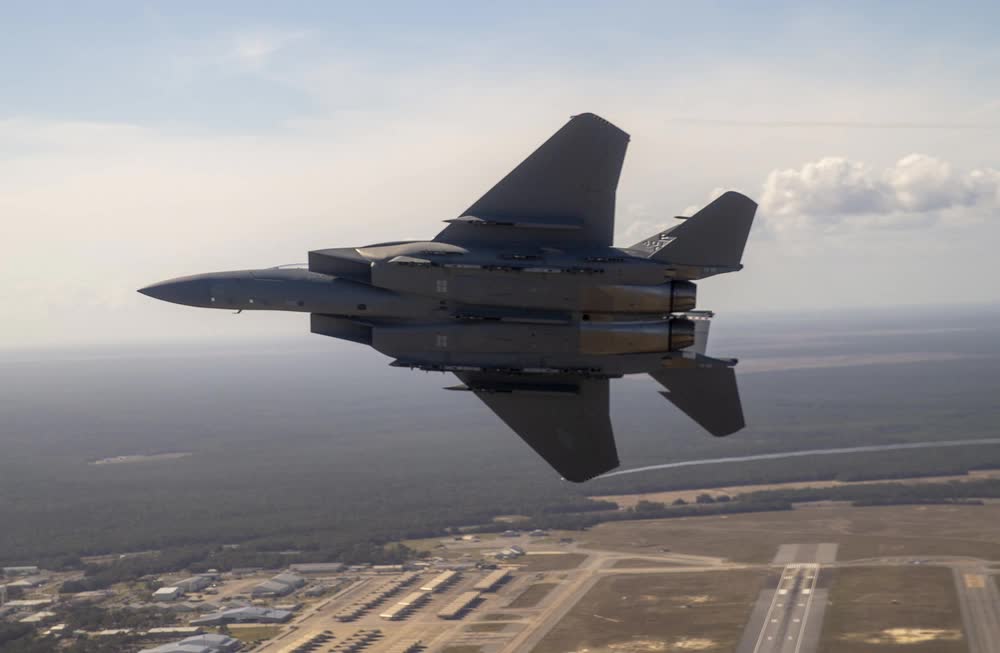
Video: The wild plans to use the F-15EX in the early days of a war
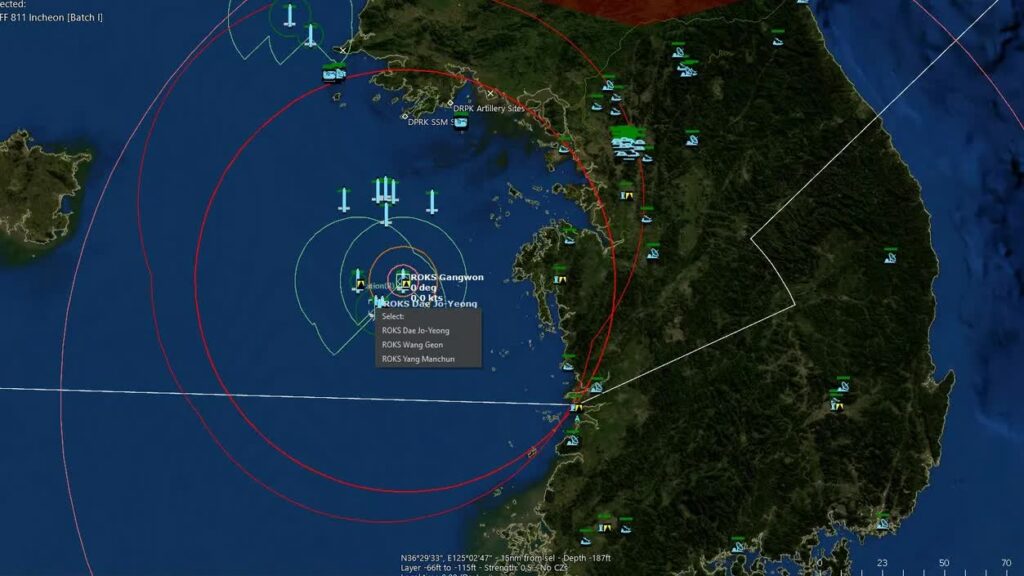
The Air Force is letting troops play a video game to prepare for global conflict
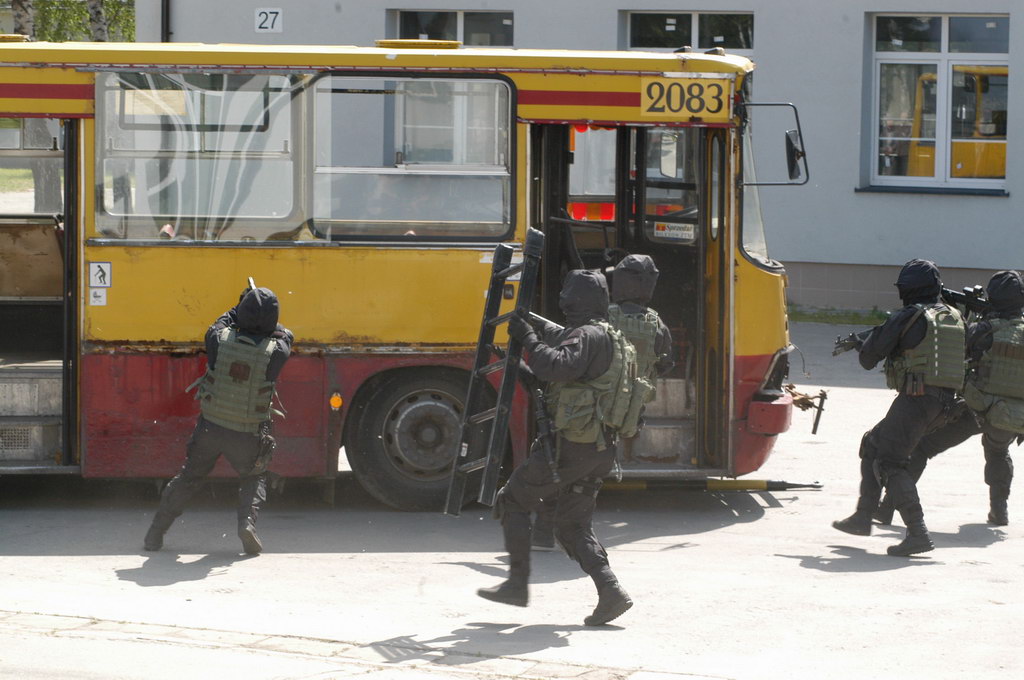
Delta Force escapades with Poland’s elite GROM special operations unit
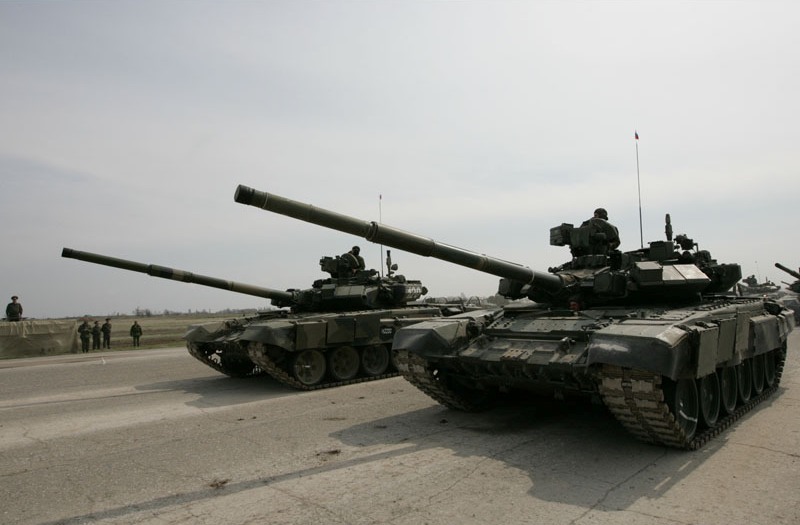
Ukraine is facing serious problems in the east, where Russia’s forces are grinding forward
Sandboxx News
-

‘Sandboxx News’ Trucker Cap
$27.00 Select options This product has multiple variants. The options may be chosen on the product page -

‘AirPower’ Classic Hoodie
$46.00 – $48.00 Select options This product has multiple variants. The options may be chosen on the product page -

‘AirPower’ Golf Rope Hat
$31.00 Select options This product has multiple variants. The options may be chosen on the product page -

‘Sandboxx News’ Dad Hat
$27.00 Select options This product has multiple variants. The options may be chosen on the product page
